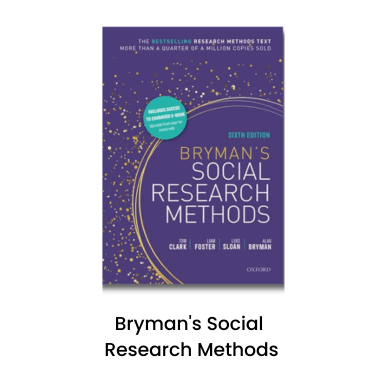Why textbooks should be included in tuition fees
By Taylor Williams, Kortext student ambassador
Picture this: you’re just about to begin your first year of university. You’re moving away from home, living independently, it’s the beginning of the rest of your life… and you find out your loan barely covers your rent.
Then you get an email with your reading list for the year – a stack of textbooks that’s going to cost an arm and a leg.
Sound a little too familiar?
Students can just about afford their lunch, let alone their textbooks
According to the University of York, a typical student spends a whopping £494.50 a year on textbooks and course materials. That’s nearly £500 that every single student is expected to shell out in addition to their £9250 tuition costs before they’ve even arrived at university.
From my personal experience, the majority of students are relying entirely on loans to survive at university – in fact, many have to find an additional source of income to support themselves. And this is just so they can afford their basic living expenses. On top of that, universities are expecting them to come up with an additional £500 a year.
The bitter truth of it is that these are essential course books. They will be referenced in your lectures, discussed in your seminars, and tested in your exams. You cannot complete your course without them. So why should students have to pay extra for something that is required for them to complete their degree?
The Covid cohort
My first year of university was the infamous 2020 – aka, the COVID cohort. As a result of the pandemic, the whole program had to move online, and I spent the majority of the year studying remotely. And on top of all this, I was going to have to shell out hundreds of pounds on textbooks.
Except…
I didn’t.
Due to complications caused by the pandemic, making it harder to access and purchase physical textbooks, my university made the majority of my course materials available online – and completely free of cost. It felt like a weight had been lifted off my chest, completely relieving the stress of having to worry about how I was going to afford to purchase my books.
I could simply access my reading list online, with each title having a link beside it for the online copy. As you can probably imagine, this was so much more efficient than having to carry around a stack of textbooks everywhere – or rather, from my bedroom to my living room.
Not only was this faster and easier than owning a physical copy of a textbook, but learning to use the eBook platforms came with benefits of its own. Some textbooks can cost anywhere up to £60, and I don’t know about you but I’m not ready to start highlighting all over a £60 textbook. That thing would be going on eBay the second I graduate. If this was made available online, not only is it free for all students, but with platforms like Kortext we can annotate, highlight, bookmark, copy and collaborate. This greatly enriches and improves the learning experience, and after all, that’s really what university should be about.
Can universities afford this?
This leaves the question: if this is such a ground-breaking initiative, what’s stopping universities from immediately taking it on board? Or better yet, why haven’t they been doing this all along?
The main argument, in this case, is affordability. Yes, you read that right – affordability.
Here’s the thing – people argue that universities, receiving a little over £9k per student every single year, cannot possibly afford to buy textbooks for their students. How could we even consider the idea?! And yet, a single student with just enough money to cover their rent and their weekly food shop, can afford that £50 textbook. This really doesn’t make sense to me.
I realise that universities have other costs – overheads, wages, maintenance, to name a few. And I have no doubt that these easily add up to more than I can even imagine. However, a university is just that – a university. A massive organisation, receiving funding, grants, investments and income from all sorts of places. So, what I do doubt is that they can’t afford textbooks.
If anything, the affordability argument brings us right back around to students. It’s expensive enough to undertake a degree – why shouldn’t universities be trying to relieve the financial burden as best they can? They should be setting us up for our futures, not piling hundreds of pounds of additional expenses upon us.
Plus, I’m sure we all saw the news last month – universities offering applicants who deferred their course £10,000 and free accommodation for the year. Per student. Kind of speaks for itself, doesn’t it?
The HE revolution
The pandemic has kick-started something of a revolution in higher education. Of course, there were many aspects of online learning that I personally didn’t enjoy in the slightest – it’s kind of impossible to make friends on Zoom. However, I won’t deny there are elements of it that we need to carry forward. Expecting every fresher to purchase a brand-new copy of the same book year after year is archaic and wasteful, and if anything, this year has proven that there is a greater solution.
All students should be able to get the most out of their degrees, without worrying about how they will fund essential course materials. If my university could streamline the process, perhaps offer guides on how to use the platforms so that students are making full use of them, it could absolutely transform the way in which we access our educational materials, and in turn, transform the higher education experience.
Sources:
Defer degrees / defer by a year



















